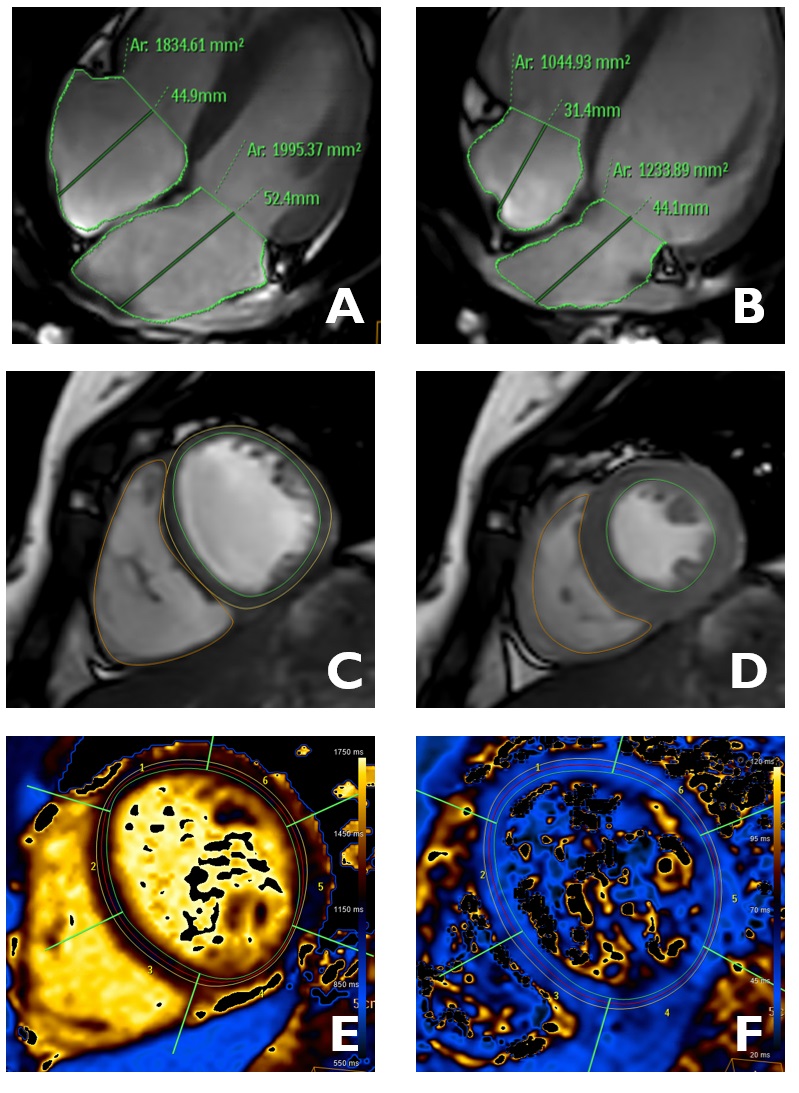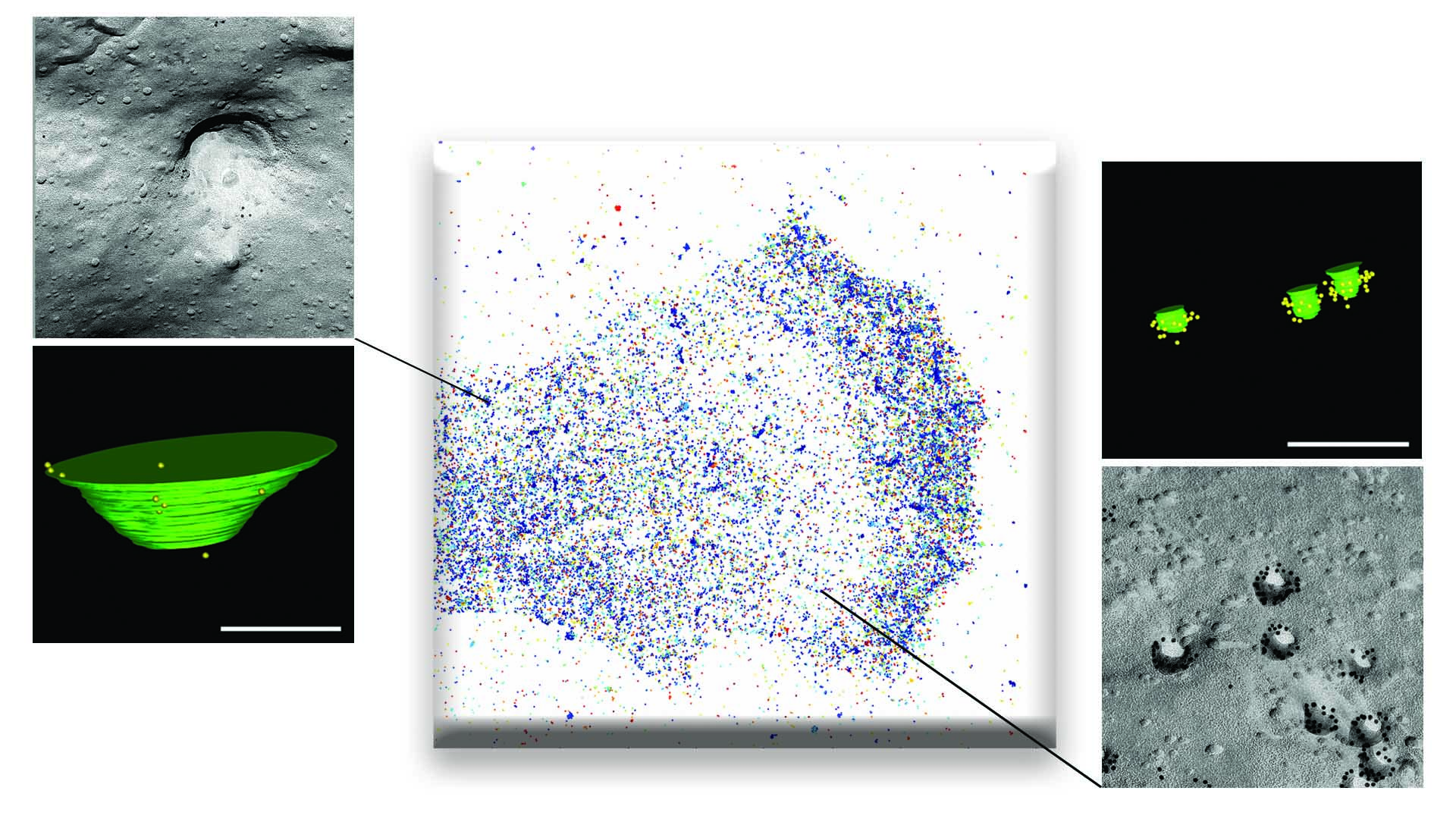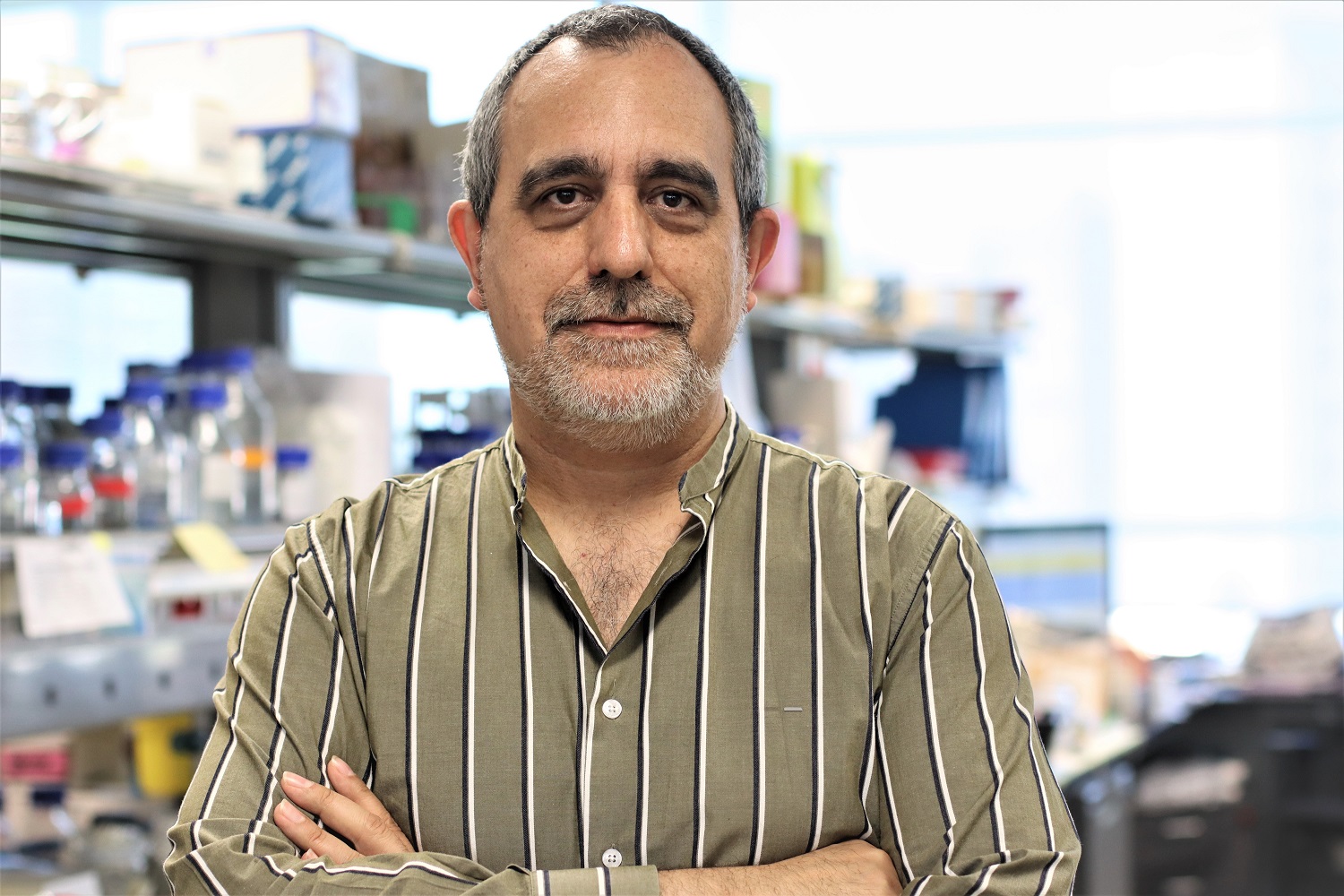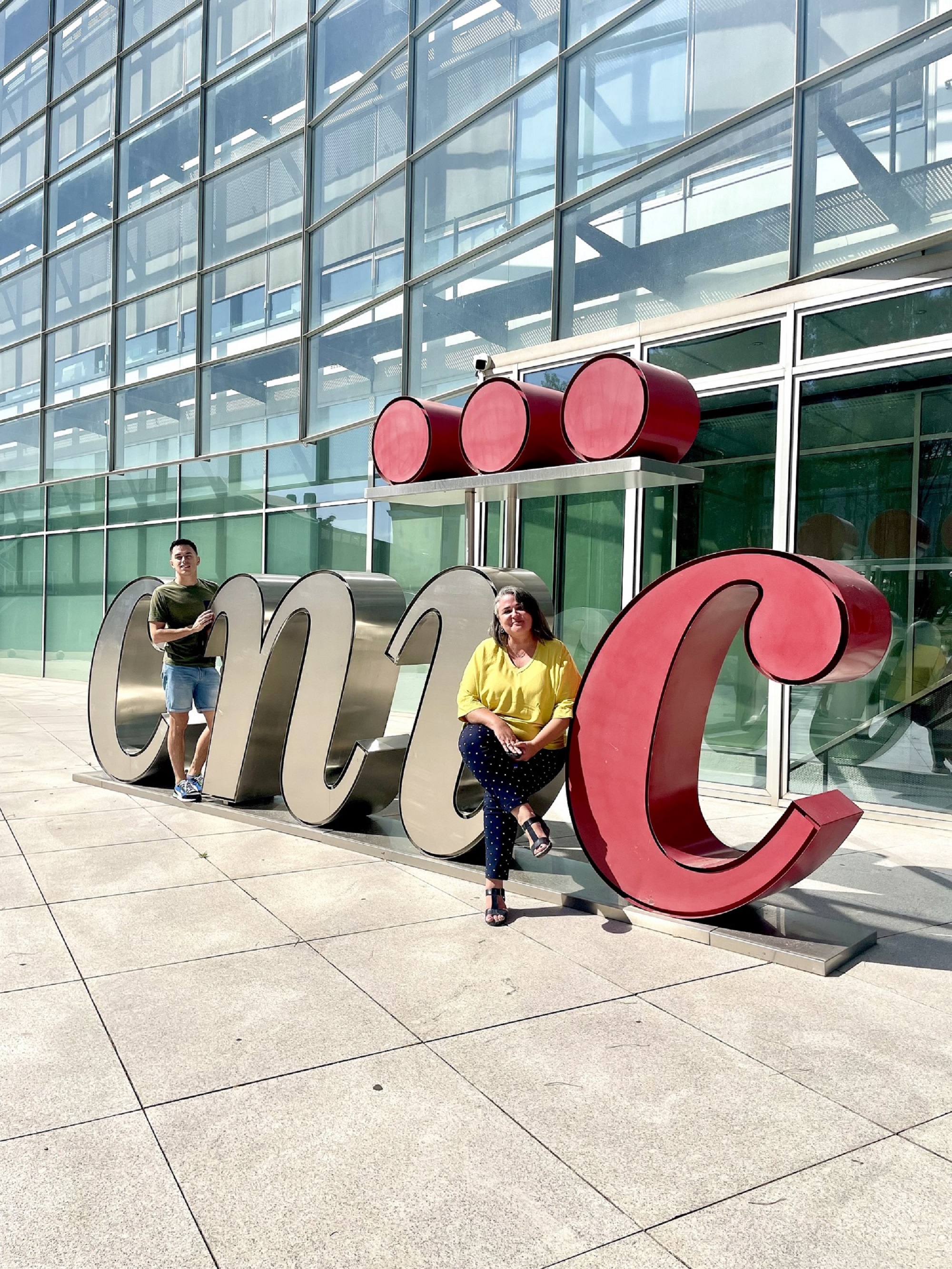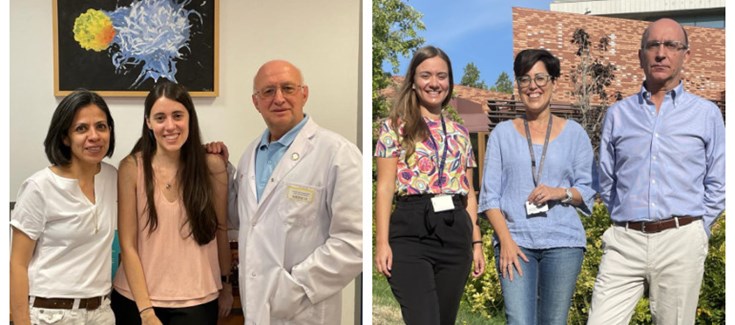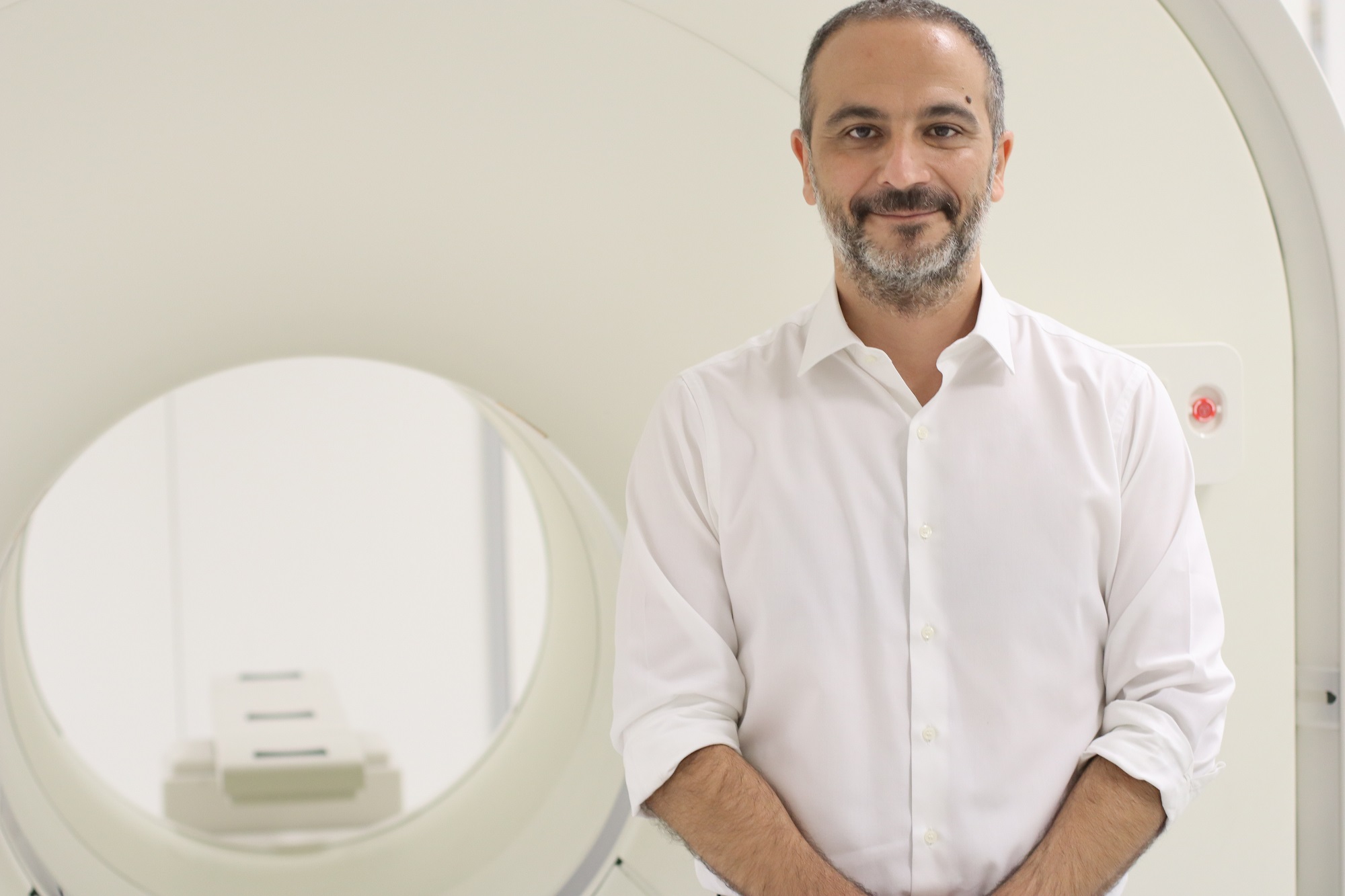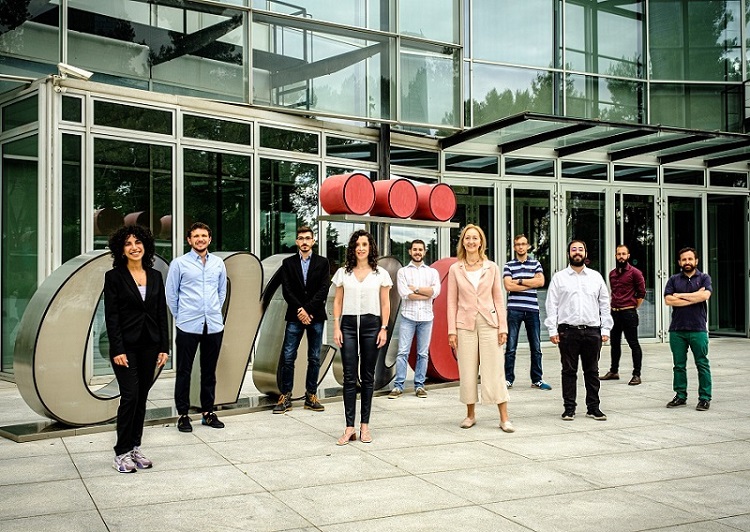News search
|
Research 3 Mar 2023 The results, published in eClinicalMedicine, have direct implications for clinical practice by providing a list of reference values for a multitude of cardiac parameters used in daily practice |
|
Research 23 Dec 2022 A study published in Nature Cell Biology confirms that caveolae are essential for the mechanical responses of tissues subject to large mechanical forces (such as muscle, heart, blood vessels, and fat), whereas larger membrane depressions (termed 'dolines') are important for the response to weak or medium-strength forces |
|
About the CNIC 23 Nov 2022 |
|
About the CNIC 2 Nov 2022 A new study defines a mechanism that regulates inflammation after a myocardial infarction, opening a path to the use of the receptor |
|
Research 29 Aug 2022 Excess weight and metabolic syndrome are associated with cardiovascular disease, suggesting that health promotion programs in schools should teach good sleep habits |
|
About the CNIC 24 Jun 2022 Juan Domingo Gispert López, head of the Barcelonaβeta Brain Research Center and CNIC (Spanish National Centre for Cardiovascular Research) researcher |
|
Research 21 Jul 2021 The research team led by project leader Dr Silvia Priori is confident that the discovery of new therapies will reduce the mortality linked to this disease and could also reduce arrhythmias in heart failure patients |
|
About the CNIC 10 Jun 2021 The €35,000 awarded by the foundation in each category is for research that deepens knowledge of the relationship between nutrition, food and health |
- ‹ previous
- 2 of 6
- next ›
